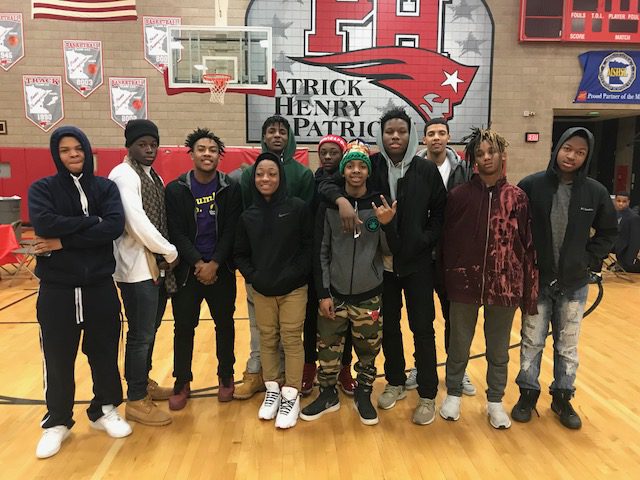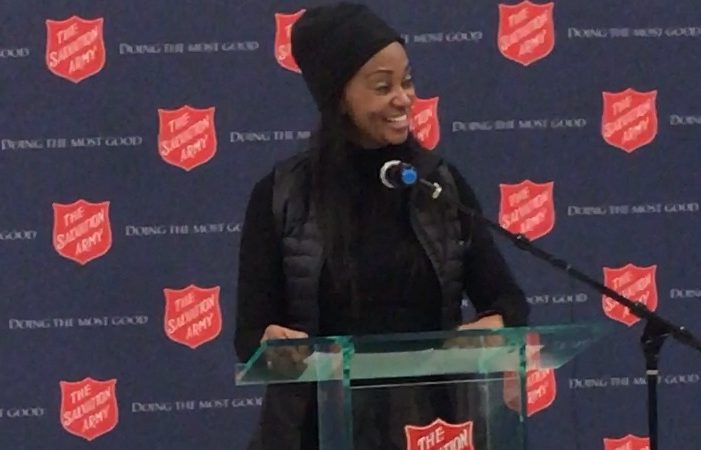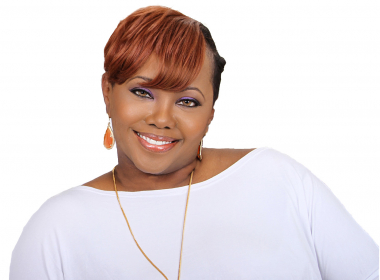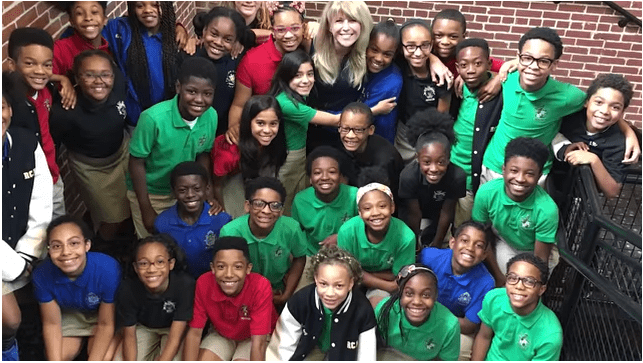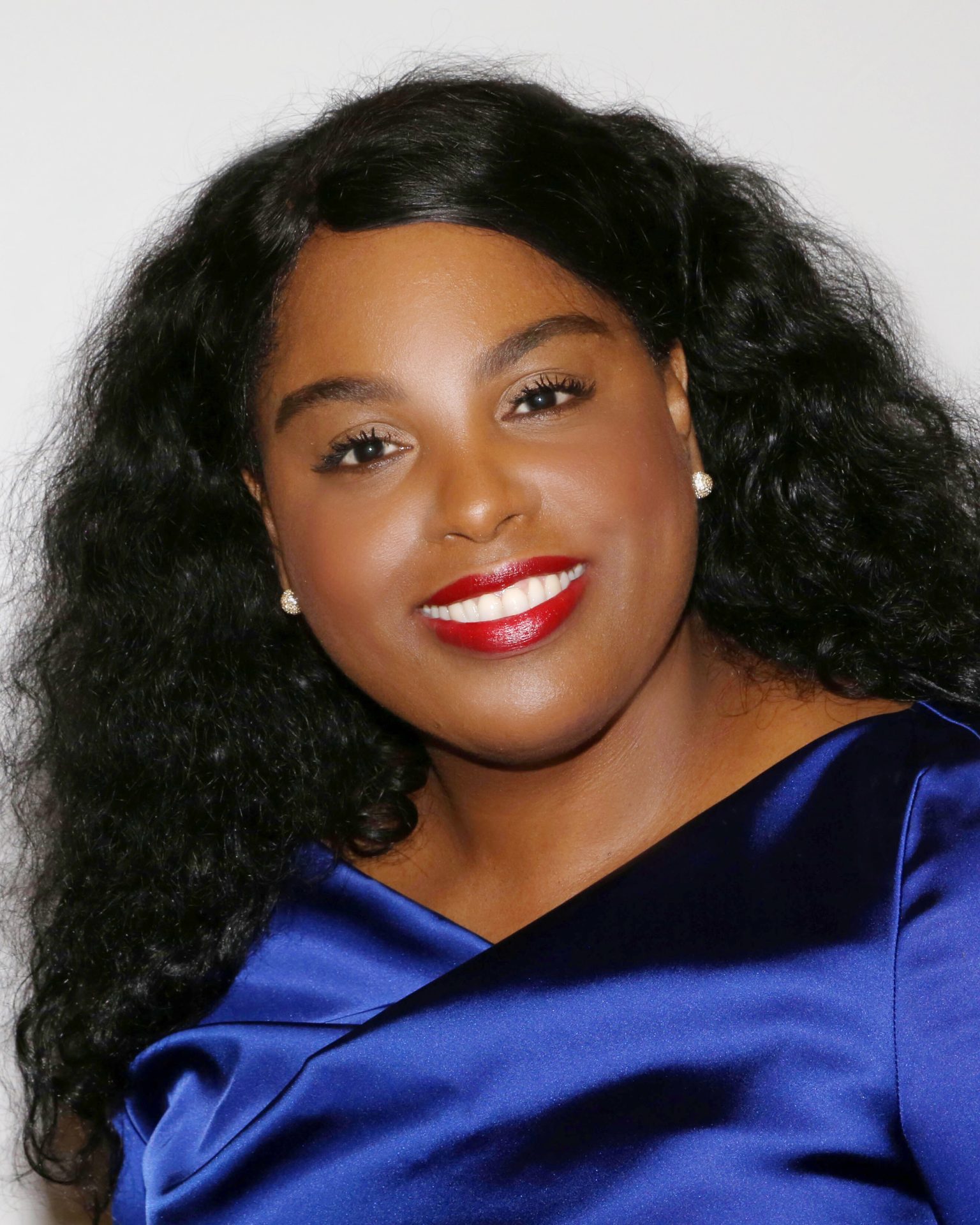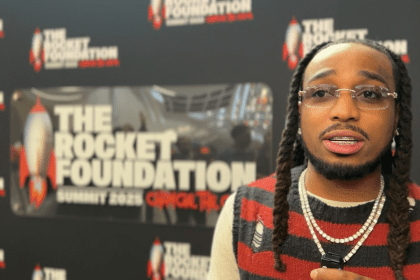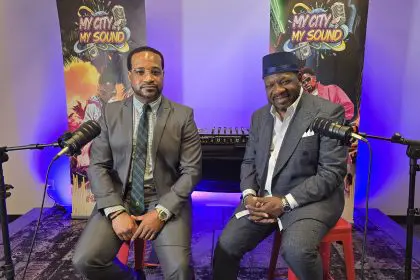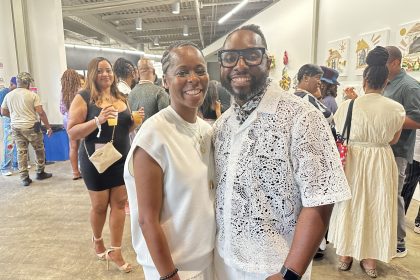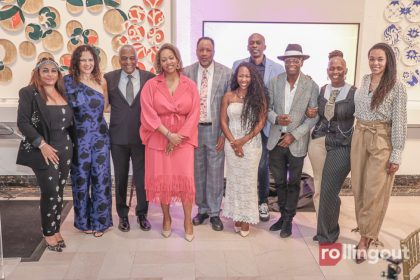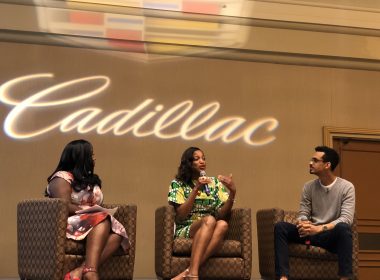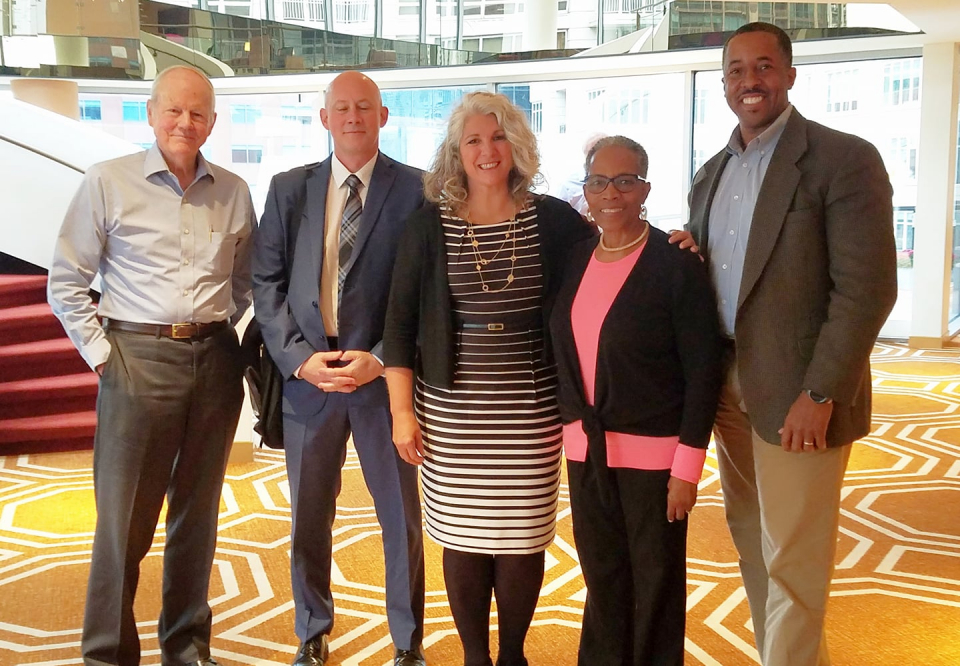
Dr. Mike Weaver was filled with excitement when he returned from Chicago where he’d spent the week with AARP surrounded by fellow recipients of the community service-focused AARP Purpose Prize Award. Weaver, 52, is the founder of WeCCAAN, or Weaver and Concerned Citizens of Aiken/Atlanta Now and the recipient of 2017 Andrus Award for Intergenerational Excellence, named after AARP’s founder.
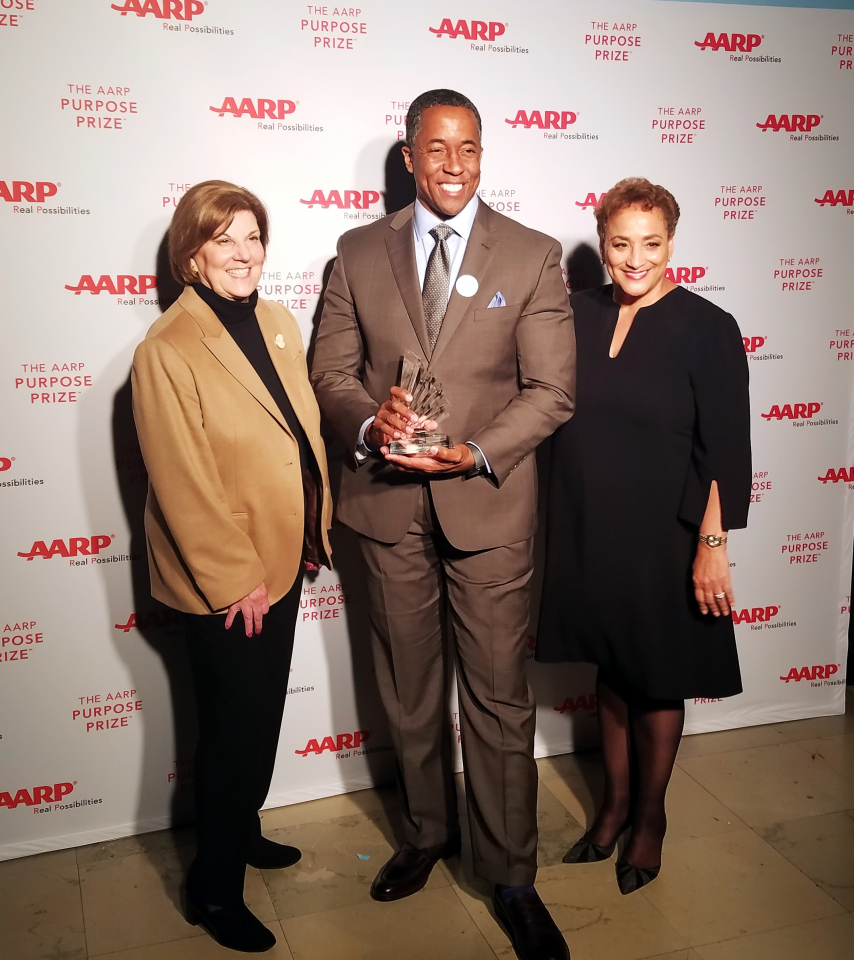
A gala was held at Chicago’s Field Museum where AARP presented $50K to each of five winners of the AARP Purpose Prize Award, which recognizes outstanding work by people age 50 and over who are focused on advancing social good. Former White House senior official David Axelrod, a distinguished director of the University of Chicago Institute of Politics and senior commentator on CNN, delivered the evening’s keynote speech and broadcast journalist Soledad O’Brien served as the evening’s emcee.
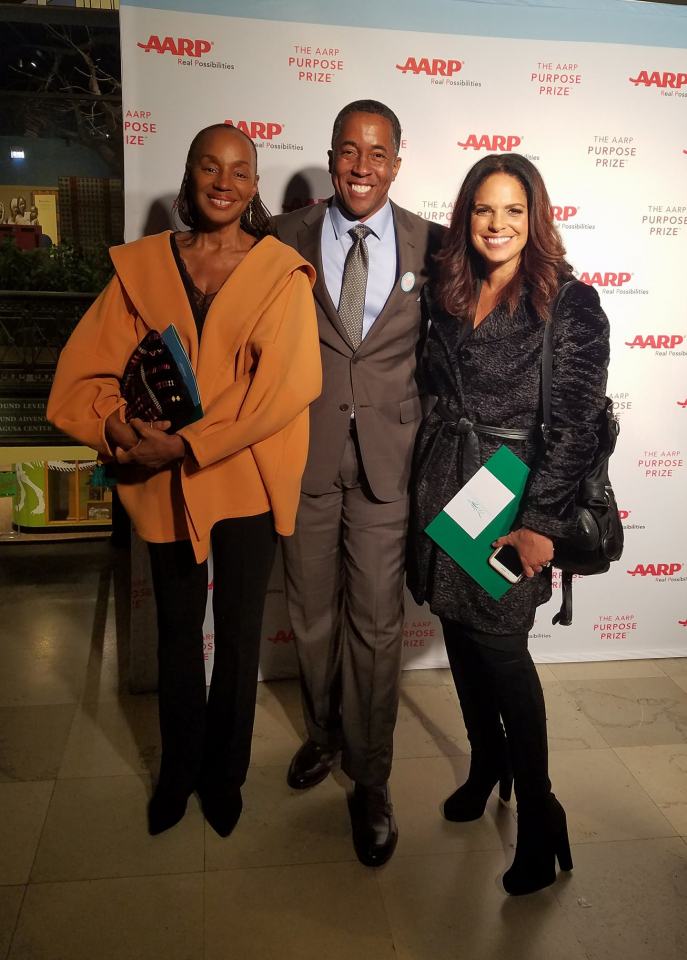
Weaver teaches the value of public service by bringing teens and adults together for service-learning trips to communities in need. From cleaning vacant lots to creating community gardens, WeCCAAN is making a difference in the lives and futures of its participants as well as the recipients of their volunteerism.
Weaver, who runs his own educational consulting firm says, “I wanted to do something different. I wanted the teens to be able to talk to the college students. The college students to talk to the young professionals. The young professionals to talk to the mid-career professionals. The mid-career professionals to talk to the retirees — for all these generations to talk to each other, but also to work side by side with each other.”
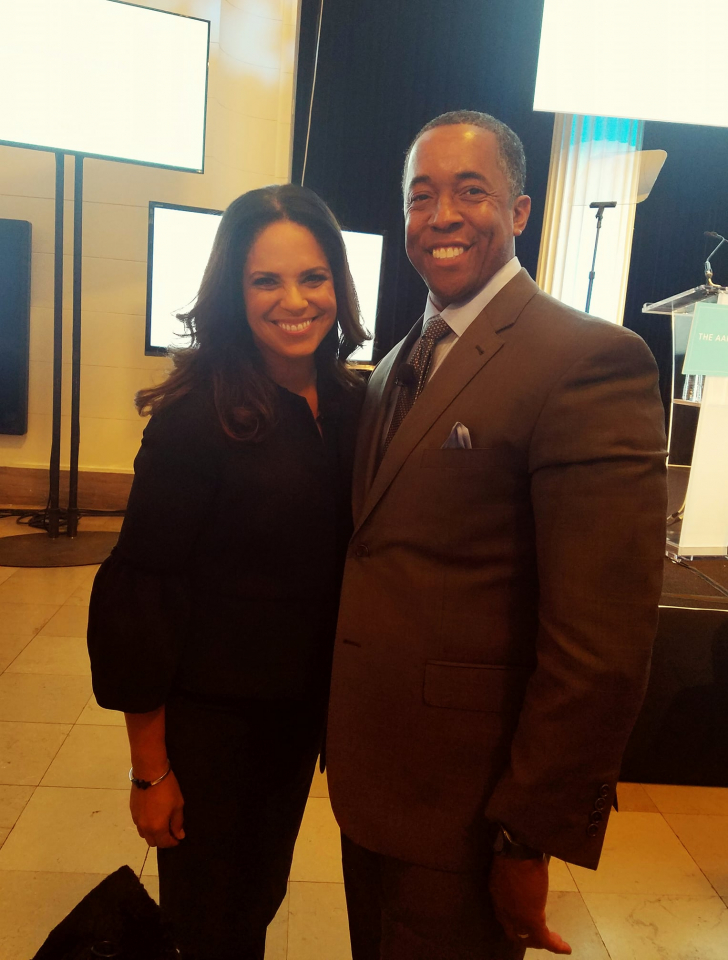
“While there is a chance with young people, let’s expose them to things that would benefit them down the road,” Weaver says.
Read what he has to say about the organization’s origin and why he stays motivated to serve the community.
Why did you make service to the Black community a mission?
It’s pretty much what I’ve done since an undergrad at Morehouse College. In the ’80s and while fellow students pursued careers in the emerging field of computer science, I remained grounded in community. Though I have a degree in computer science, I’ve never worked one day in the field. My career has been in nonprofit program staff, administration and higher education.
What does the community need to be aware of when engaging our youth for cause-based activities?
Social media rules and so does hip-hop’s influence. Eyes via smartphones are everywhere. While teens are swayed by the Jenners and Worldstar Hip Hop, there is an opportunity to bond and connect with young people. I encourage young people to use social media for every service learning tour we take. We blog and show their peers how rolling up their sleeves a good thing and a learning experience. So, use social media to the youth’s advantage. It is your biggest recruiter.
How do you describe an effective change agent?
Someone who’s not in it for the money. People are amazed when I tell them we don’t have a nonprofit, yet we’ve had successful service learning tours to New Orleans, Washington, DC, Baltimore, New York City, Boston and Miami. We’re headed to Los Angeles, San Francisco and Seattle for a West Coast tour in 2018. If one plans on being a baller, I’d strongly suggest a different profession than community.
What difference will the AARP award make to your organization?
Receiving [the] AARP Purpose Prize is a career highlight. Again, I’ve been working in community for over 30 years. The difference with the Purpose Prize is that AARP is looking for activities initiated since turning 40 — that is key. By coincidence, the service learning tours began with Hurricane Katrina when I taught epidemiology at Morehouse. I organized the first tour in 2011 while on faculty at the University of South Florida as an alternative spring break to New Orleans. Things just lined up.
What three things can Black leaders do to support your organizations?
I don’t make one dime organizing the annual service learning tours. All monies go directly towards costs. If anyone wants to donate toward our travel/lodging for next summer, they can contact me. Nickels and dimes won’t do, as it has been successful over the years. We’ll need donations of thousands of dollars for flights and accommodations for 54 people to each of the west coast cities.
What keeps you motivated to serve the Black community?
I am father to three Black males, two of who are in college, one at a PWI and one at an HBCU. I am concerned with what’s going on with law enforcement and people of color. There needs to be an understanding between cultures. Our service learning tours are primarily for Blacks, but we have other ethnicities with us. There is also the diversity in age range. We can learn from each other when we travel and work side-by-side with one another.
How does it feel to be recognized for your commitment to making an impact on future generations and community change?
It’s a great feeling. I didn’t get into community work for the recognition. I’m not seeking and have never planned on seeking political office. I work in the community because there is a need and I have the skills set for over 30 years. I’ve worked [with] United Way and taught on both Black and White campuses. I know young people. AARP recognize this in choosing five winners out of over 700 nominations. Each winner was awarded $50K. I also received AARP’s Andrus Award for Intergenerational Excellence, named for AARP founder Dr. Ethel Percy Andrus. The nomination period is now open for the 2018 awards at aarp.org/purposeprize. (Nominations are now open for the 2018 AARP Purpose Prize, here: www.aarp.org/purposeprize)
Describe your mission for the community.
The mission of the service learning tours is to provide all participants with a clear understanding of experiential learning to better and further prepare leadership abilities, particularly with planning and implementing activities geared toward community.
What three social issues should rethink our approach to finding a solution for in the Black community?
I think everyone should take a 90-day reprieve from social media for self-reflection and introspection. We’ll be amazed by self-discovery in paying more attention to everything around us including family, nature, books, genuine conversation, etc.
What three books do you recommend to others?
The Alchemist by Paulo Coelho
To Kill a Mockingbird by Harper Lee
I Know Why the Caged Bird Sings by Maya Angelou
The Diary of a Young Girl by Anne Frank
Black Boy by Richard Wright
The Old Man and The Sea by Earnest Hemingway
How has a great education supported your advancement?
Education levels the playing field. It doesn’t make all things equal, but opens many doors.
What is next for you professionally?
We’ll have to see, but it will be big.


